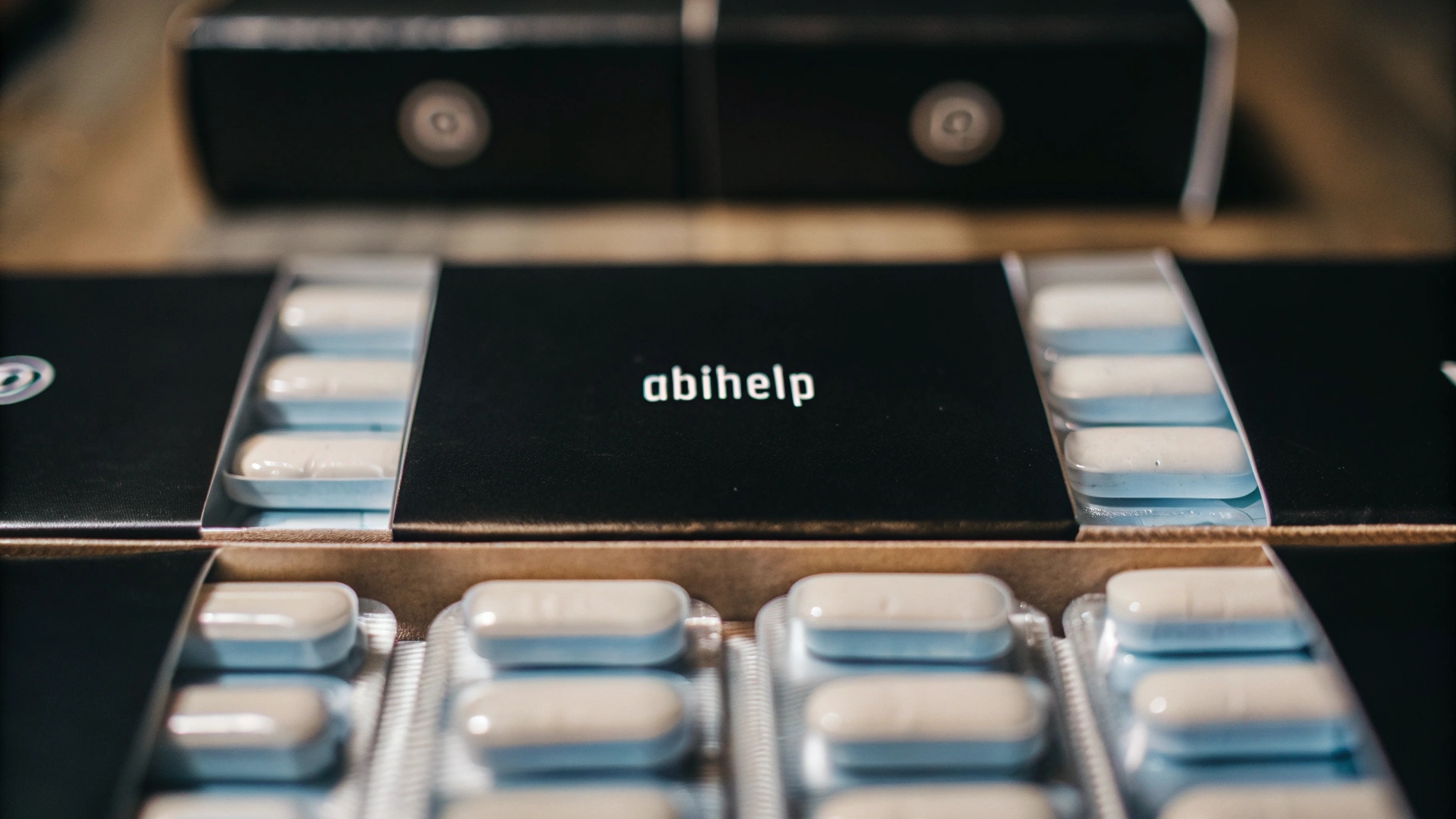Abithelp tablets are a popular medication used for various health conditions. Whether prescribed by a doctor or taken as an over-the-counter remedy, they serve multiple purposes, from pain relief to managing chronic conditions.
However, like any medication, it is essential to understand how Abithelp works, its benefits, potential side effects, and other essential information before using it.
This article will provide a comprehensive guide on Abithelp tablets, including their uses, dosage, precautions, and frequently asked questions (FAQs) to help users make informed decisions.
What Are Abithelp Tablets?
Abithelp tablets are a medication used to relieve pain and inflammation.
They typically contain active ingredients like ibuprofen, paracetamol, or diclofenac.
These tablets are commonly prescribed for conditions such as arthritis, muscle pain, or headaches.
They work by reducing the production of pain-causing chemicals in the body.
Abithelp should be taken as directed by a healthcare professional.
Possible side effects include nausea, dizziness, or stomach irritation.
Always check with a doctor before use, especially if you have underlying health conditions.
Uses of Abithelp Tablets
Abithelp tablets are commonly used for:
- Pain Management: Effective in relieving mild to moderate pain caused by headaches, muscle pain, arthritis, or injuries.
- Inflammation Reduction: Helps in reducing swelling and inflammation associated with chronic conditions such as rheumatoid arthritis.
- Fever Management: Used to lower fever in individuals suffering from infections or other illnesses.
- Digestive Health: Some formulations may aid in improving digestion and addressing minor stomach discomfort.
- Chronic Disease Management: In certain cases, Abithelp tablets are prescribed for long-term treatment of conditions like osteoporosis or neurological disorders.
Dosage and Administration
The dosage of Abithelp tablets should be strictly followed as prescribed by a healthcare professional. Typically, adults take one tablet every 6 to 8 hours, depending on the severity of pain or inflammation. It is advisable to take the tablet with food or water to reduce the risk of stomach irritation. Do not crush or chew the tablet unless directed by a doctor. Exceeding the recommended dosage may lead to serious side effects, including liver or kidney damage. For children, the dosage should be adjusted based on age and weight under medical supervision. If a dose is missed, take it as soon as possible, but avoid doubling up on doses. In case of overdose, seek immediate medical attention.
Possible Side Effects
Abithelp tablets may cause side effects such as nausea, dizziness, and stomach irritation. Some users might experience headaches, drowsiness, or allergic reactions like rashes and swelling. In rare cases, prolonged use can lead to gastrointestinal issues, including ulcers or bleeding. Certain individuals may also develop liver or kidney problems with excessive consumption. If severe symptoms like difficulty breathing or chest pain occur, immediate medical attention is needed. Always follow dosage guidelines to minimize the risk of adverse effects.
Precautions and Warnings
Before taking Abithelp tablets, consult a doctor, especially if you have liver, kidney, or heart conditions. Avoid using them if you have a history of stomach ulcers or gastrointestinal bleeding. Do not exceed the recommended dosage to prevent serious side effects. Pregnant or breastfeeding women should seek medical advice before use. These tablets may cause drowsiness or dizziness, so avoid driving or operating machinery. Alcohol consumption can increase the risk of stomach irritation and liver damage. If you experience allergic reactions like swelling or difficulty breathing, stop use immediately. Keep the medication out of reach of children and store it in a cool, dry place.
Can I take Abithelp on an empty stomach?
It is not recommended to take Abithelp on an empty stomach, as it may cause stomach irritation or ulcers. Taking it with food or a glass of water can help reduce the risk of gastrointestinal discomfort. Some users may experience nausea, acid reflux, or bloating if taken without food. If you have a sensitive stomach or a history of digestive issues, always take Abithelp with meals. Long-term use on an empty stomach can increase the risk of serious stomach problems like gastritis or bleeding. Always follow your doctor’s advice on the best way to take this medication.
Frequently Asked Questions (FAQs)
1. What is the primary use of Abithelp tablets?
Abithelp tablets are primarily used for pain relief, inflammation reduction, and fever management.
2. Can I take Abithelp tablets daily?
It depends on the condition being treated. Consult a doctor for the recommended dosage and duration of use.
3. Are there any foods or drinks to avoid while taking Abithelp tablets?
Avoid alcohol and excessive caffeine, as they may increase the risk of side effects.
4. How long does it take for Abithelp tablets to work?
Effects may vary, but most users experience relief within 30 minutes to an hour after taking the medication.
5. Can pregnant women take Abithelp tablets?
Pregnant women should consult their doctor before using this medication to ensure safety for both mother and baby.
6. What should I do if I miss a dose?
If you miss a dose, take it as soon as you remember. However, if it is close to your next scheduled dose, skip the missed dose and continue with your regular schedule.
7. Are there any withdrawal symptoms after stopping Abithelp tablets?
If used for an extended period, stopping suddenly may cause mild withdrawal symptoms. It’s best to consult a doctor before discontinuing use.
8. Can Abithelp tablets be used for migraines?
Yes, in some cases, they may be prescribed for migraine relief, but consult a doctor for proper treatment options.
9. Are Abithelp tablets safe for children?
Only give this medication to children under the guidance of a pediatrician to ensure safe usage.
10. Where can I buy Abithelp tablets?
Abithelp tablets are available at pharmacies, online stores, and through prescription, depending on regional regulations.
Conclusion
Abithelp tablets are a widely used medication for pain relief, fever reduction, and inflammation management. While they offer significant benefits, it is essential to use them responsibly and under medical guidance to avoid side effects and complications.
Understanding proper dosage, precautions, and possible interactions will help users make informed decisions regarding their health.Always consult a healthcare professional before starting or stopping any medication to ensure its suitability for your condition.
If you experience any adverse effects, seek medical help immediately. By staying informed, you can safely and effectively use Abithelp tablets to improve your well-being.


